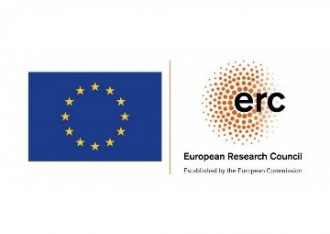
Professor Aisling McMahon was recently invited to speak at an international interdisciplinary workshop entitled “Beyond Boundaries: Persons, (Bio)Technologies, & the Law” which was organised by the EverydayCyborgs and HybridMinds Projects, which took place in Gladstones Library, Wales on 2nd and 3rd October 2023.
Prof McMahon’s paper was entitled “Patents over Brain Computer Interface ‘Technology’: A Blurring of the ‘Technological’ and Human Body with Significant Bioethical Implications”. This paper examined the patentability of brain computer interface (BCI) technologies, and potential bioethical implications of how patent rights and other intellectual property rights are granted and used over BCI technologies. BCI technologies have shown significant potential to be used in the health context, for example, they have been used to enable people who have suffered paralysis to communicate via a computer aided device, or to walk again following spinal cord injury. However, there also discussions around the potential of BCIs to be used for cognitive enhancement, including to provide a direct link between humans and computer, which in turn may give rise to a range of ethical considerations.
Given the nature of this technology, this paper argued that patent(s) (and other IPRs) over elements of BCIs raise significant potential bioethical implications as these rights give rightsholders, significant decision-making control over the development and use of BCI technologies and that such issues require urgent consideration.
Professor McMahon is a Professor of Law, School of Law and Criminology, Maynooth University whose research specialises in health and intellectual property law. She is the Principal Investigator of the PatentsInHumans project.
You can find out more about the PatentsInHumans project by visiting the project website: www.patentsinhumans.eu or by watching this short video:
:

